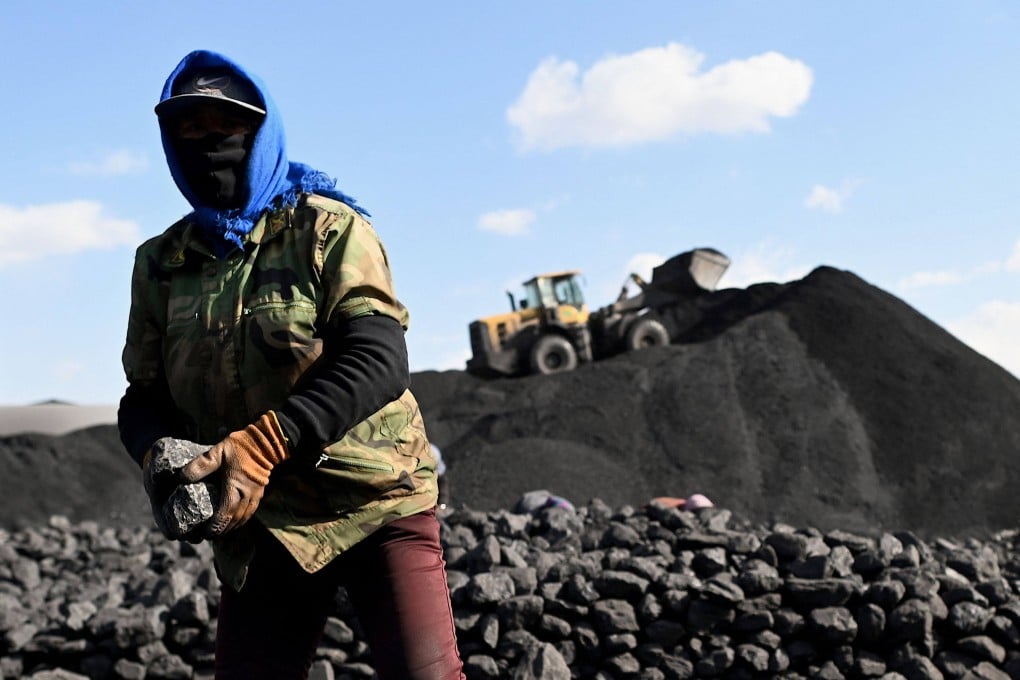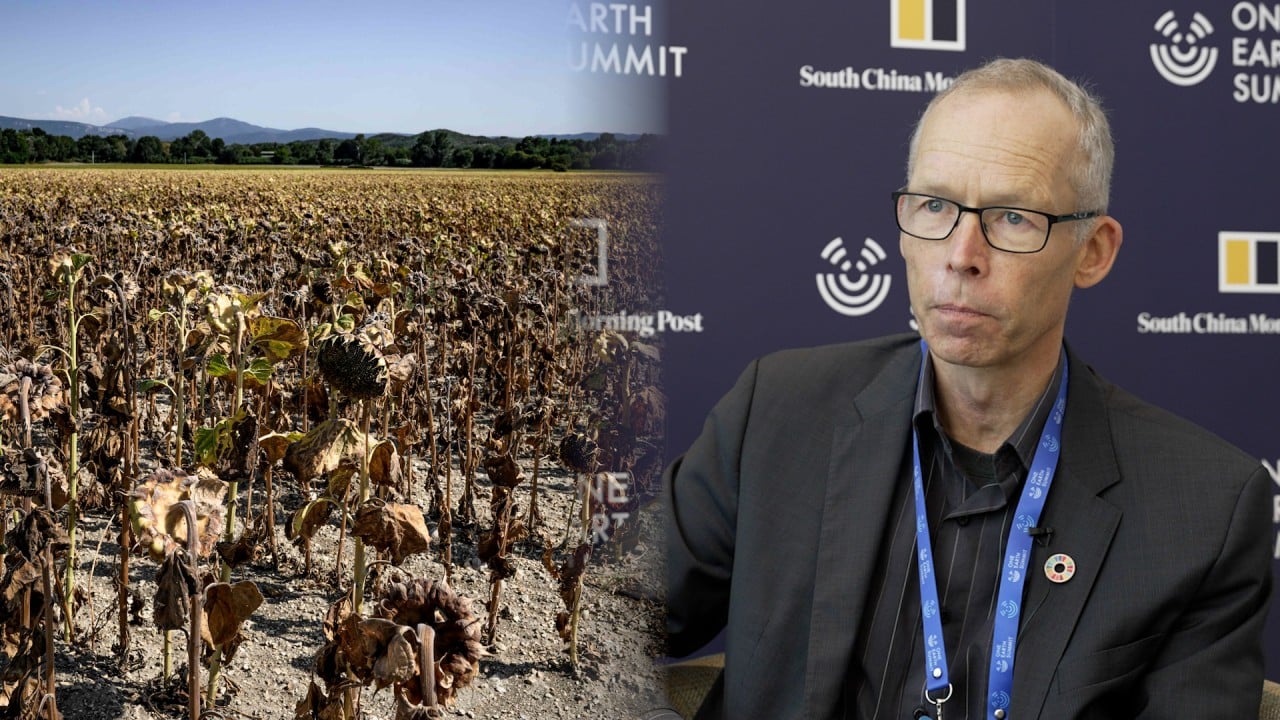Climate crisis: countries must deliver on agreements they have signed, breach of Paris Agreement limits inevitable, Johan Rockstrom says
- It is inevitable that we will crash through 1.5 degrees Celsius, probably within 10 to 15 years, director of Potsdam Institute for Climate Impact Research says
- Asia has a particular opportunity as far as innovation in green technologies is concerned and could show the way for a global economy of the future

“It’s time to buckle up, because we are heading towards a few jumpy decades,” Johan Rockstrom, director of Germany’s Potsdam Institute for Climate Impact Research, said on the sidelines of the One Earth Summit in Hong Kong on Monday.
“If we phase out fossil fuels by 2050 and stop destroying nature, it will still get worse before it gets better. Because we are already in the pipeline of global warming … it’s inevitable today that we will crash through 1.5 degrees Celsius, probably within 10 to 15 years.”
There is increasing risk that the world will exceed the Paris Agreement goal of limiting average global warming to 1.5 degrees Celsius, at least temporarily, according to the latest mathematical models and reports from the United Nations and other organisations. The world is currently on track for an expected warming of 2.7 degrees Celsius by 2100, these studies have found.
A study released last year by the Stockholm Resilience Centre, founded by Rockstrom, said humans had crossed six of nine “planetary boundaries”, a concept introduced in 2009 to define global environmental limits, such as climate, water and wildlife diversity, within which humans can safely live.
“The situation is very serious … it means we’re not only in the depths of a climate crisis, we’re also deep into a biosphere crisis,” Rockstrom said. “So to put it simply, we are hitting the planet very hard with emissions of greenhouse gases, and the burning of fossil fuels not only leads to a climate crisis but also weakens the planet’s ability to cope with that stress.”
Crossing such boundaries could lead to short-term challenges such as the rising frequency of water scarcity, heatwaves, genetic disease patterns, sea level rise and food crises. It can also trigger irreversible changes in how the planet functions and lead to potentially long-term catastrophic outcomes and make the planet uninhabitable, Rockstrom said.
